Description
The design of the iPhone 13 Pro Max might be similar to the older model, but the display is a big upgrade.
As great as the design is, there is one irritating aspect. The stainless steel sides pick up smudges like nothing else and they require constant attention to keep them looking anything other than quite grim.
Each previous generation of iPhones (including the regular iPhone 13 and iPhone 13 Mini) have included 60Hz panels so they attempt to refresh 60 times every second. On the iPhone 13 Pro Max, the panel can now refresh up to 120Hz – so 120 times a second. This makes actions, like swiping through homescreens and opening apps, feel much faster.
Refreshing at 120Hz is great sometimes, but not all the time. This is why many Android phones that were locked to 120Hz suffered from awful battery life. To avoid this, the LTPO panel used here is adaptive. It can move between refresh rates depending on the task at hand. This is what Apple calls ProMotion and it’ll be familiar to anyone who has used a recent iPad Pro.
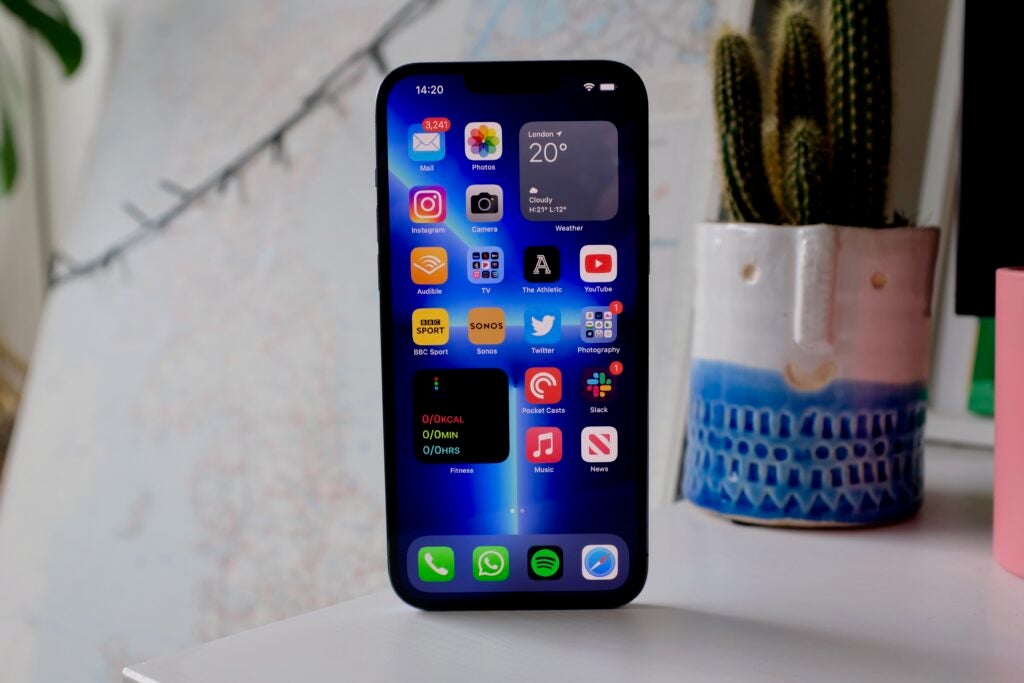
If you’re doing something where 120Hz is likely to make a visible difference, such as scrolling Instagram or gaming, the panel will aim for that – and, in my experience hit it. However, if you’re watching an online video, most of which are shot at 30fps, the screen will slow down. It can go as low as 10Hz in activities such as reading.
ProMotion is a real step forward and I noticed it immediately. Once you’ve used a 120Hz display, it can be hard to go back.
A feature that is missing here that you’ll find on the iPhone 14 Pro Max is the always-on display option. This is a way of having glanceable information always visible, but I wouldn’t say it’s a reason to pay loads more for the newer phone.
At 6.7-inches, the screen here is ideal for content, be it reading, Netflix, games or editing snaps. The OLED panel is bright and readable outdoors, while the smaller notch (Apple says it’s 20% smaller) makes Netflix binges a little more immersive. The notch will remain an irritant even in its smaller size to those who disliked it before and it’s hard not to feel like, all these years later, Apple could have adopted something a little less intrusive.
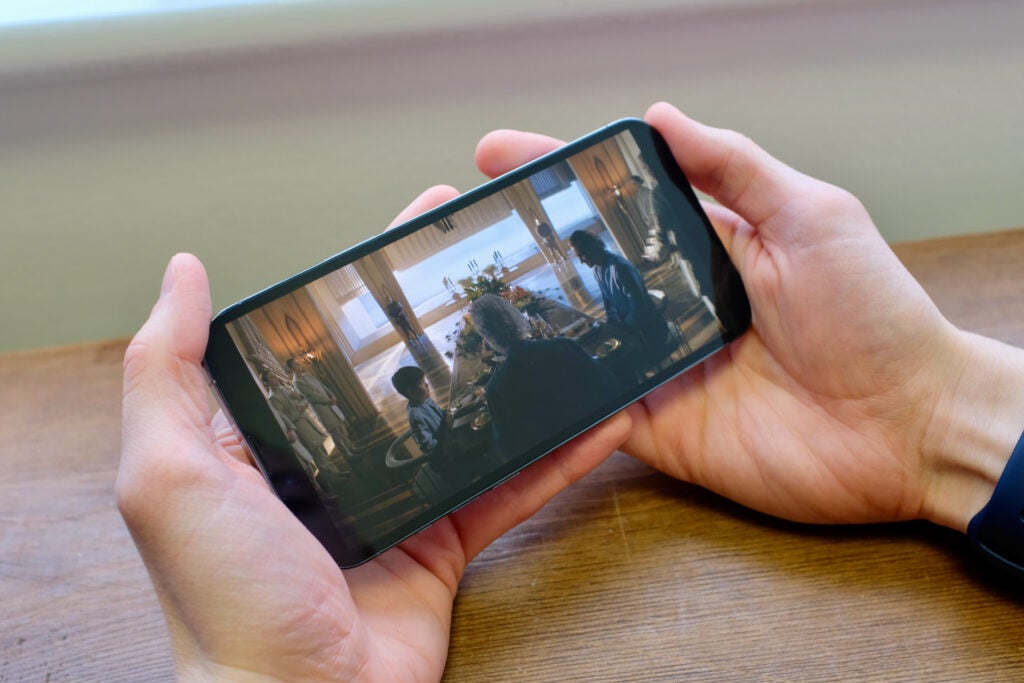
I watched a few episodes of the Apple TV+ show Foundation in HDR on the big display and it certainly gave good results. Blacks are perfect, colours are natural and the extra brightness is especially welcome in scenes with bright light and explosions.
You do have to contend with the notch though, which can get in the way. Apple tweaked the notch slightly with the iPhone 14 Pro series, introducing the Dynamic Island.
Camera
- Three rear cameras, plus a LiDAR sensor
- Wide, ultra wide and optical zoom
- Cinematic mode for video
The iPhone 13 Pro Max also packs an impressive camera system – even when looked at compared to 2022 phones like the Samsung Galaxy S22 Ultra.
You don’t need to go for the Max model this year to get the true flagship camera experience though, with both Pro models packing the same exact specs.
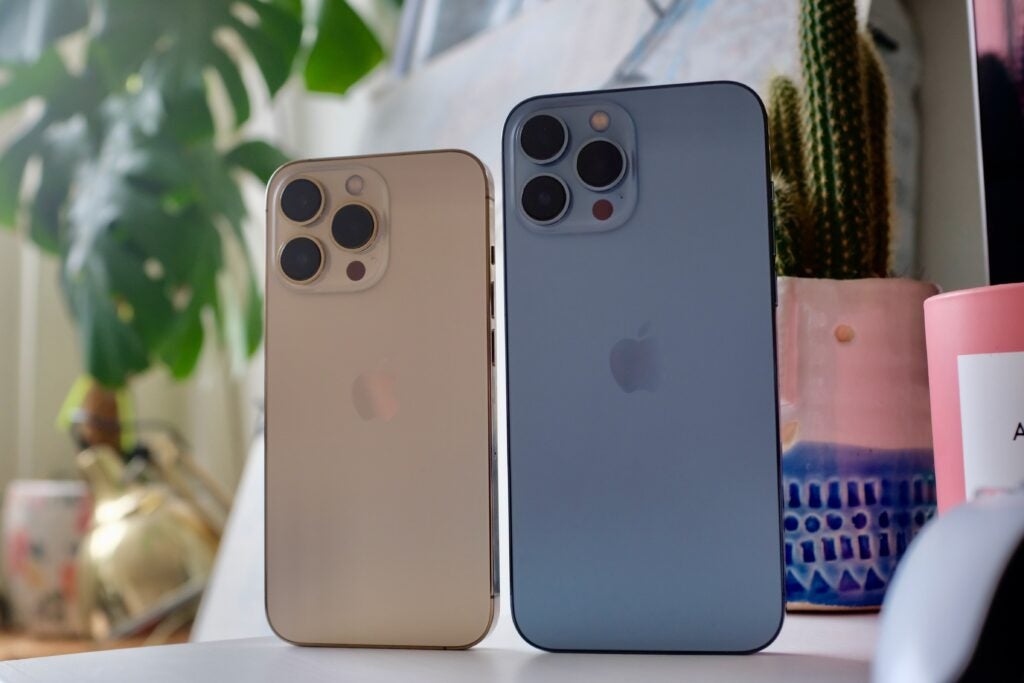
The triple-camera array consists of a 12-megapixel wide sensor with an f/1.5 lens along with a 12-megapixel f/1.8 ultra-wide with a 120-degree field of view. The set is completed by a 12-megapixel 77mm telephoto capable of 3x optical zoom. There’s also a LiDAR sensor to help with low-light portraits.
That 12-megapixel wide camera has far larger pixels and a wider aperture than the 12 Pro Max, allowing more light into the sensor for better low-light performance and a more natural depth of field effect.
The benefit of both of these becomes clear when shooting at night, where pictures are clear and detailed without as much reliance on the slower night mode.
The shots of cheeses and food below were taken, with night mode off, in near-total darkness with the only source of light coming from a few candles. Yet, detail is plentiful and colours are nice. There’s also none of the overly bright areas often seen on night mode shots. There are still bouts of odd lens flare when shooting at night which can certainly be annoying.


The optical zoom is 3x this year, so 77mm, but it does have a slower f/2.8 aperture. This means it’s better in daytime for getting closer and taking portraits and worse at night when compared to the f/2.0 lens on the 12 Pro Max. I’ll take the sacrifice, as I mainly use the zoom in the day.
I do wish the iPhone had a zoom that could rival the Samsung Galaxy S22 Ultra, though.
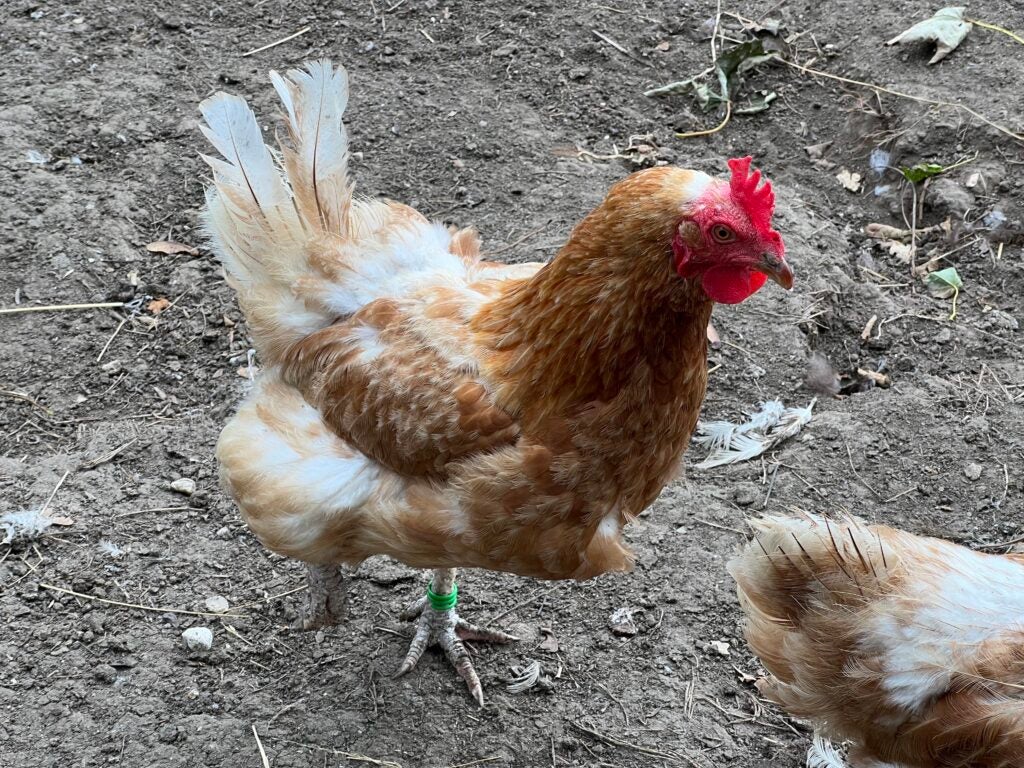
In daylight situations each of the sensors is great and it can often be hard to tell photos apart from those shot with the iPhone 14 Pro Max and its 48MP sensor.
The ultra wide has the fewest upgrades, although you can now utilise night mode here for some striking low-light landscapes. The ultra wide is also used for the new Macro mode, which enables (often frustratingly) every time you get close to something. The results are really good, but sometimes I would just prefer the natural bokeh from the main sensor. Apple has said it’s releasing an iOS update to alter the way this works later in the year.

The bigger pixels and wider f/1.5 aperture on the main sensor make it incredibly capable of capturing the lovely depth of field, while the Deep Fusion computational tech pulls extra detail in things like fur. You can see this in the picture of the dog below.


There are also some new options for making the photos a little more personal, with Photography Styles. These can up the contrast, up the colours and make pictures warmer or cooler. If you’re coming from a Samsung phone and like its punchy colours, try the Vibrant mode.
These are a step further than a filter, as they change certain bits of the snap only and can’t be reversed once used. It feels very un-Apple to have this much control and hopefully it’ll filter through to other areas of the OS in the coming years.
For the ‘Pros’, there’s ProRAW – Apple’s take on the RAW format – and, coming in a future update, ProRes video recording. While I can’t make a judgement on ProRes yet, ProRAW is great and I often switch it on when I have time to really set up a photo and spend a bit of time editing it afterwards. The RAW format holds much more data and allows much more control when it comes to the edit, but it also keeps all that computational goodness achieved by Deep Fusion and Smart HDR.
What’s less Pro is the Cinematic mode, which is a video portrait mode that has some focus racking included too. This means it can smartly switch focus between objects and faces to give a ‘cinematic’ look. The racking stuff is very good, so it’s a shame the portrait effect feels very artificial and fake. The fact this mode tops out at 1080p 30fps means most will stick with the standard video modes, which remain best-in-class.
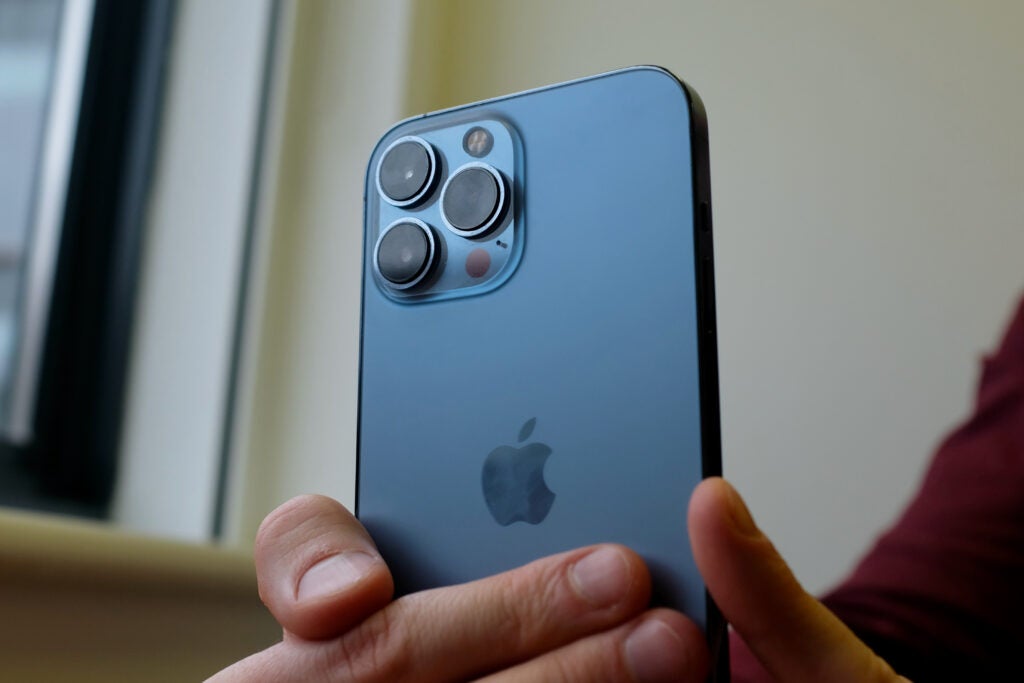
I’d have liked to have seen some more upgrades to the front camera. The 12-megapixel selfie camera has been the same for generations now, and it could really do with a little more attention.
Performance
- Apple A15 Bionic chipset
- 6GB RAM, up to 1TB storage
- More 5G bands
Performance across the whole iPhone 13 range is very much the same, even though the Pro models have a slightly more graphically capable version of the A15 Bionic inside, I can’t say you’ll notice that extra core.
The A15 doesn’t feel like a huge upgrade on the A14, at least on the surface. Scores in benchmarking apps are a little higher and it helps enable features like the Cinematic mode and the forthcoming support for ProRes.
I played countless games from Apple Arcade and they ran like a dream. You’ll also get higher frame rates, if the title supports it, thanks to the ProMotion display.
Alongside the A15 Bionic there’s 6GB RAM (2GB more than the regular iPhone 13). I’ve found apps stay in memory longer than the iPhone 12 Pro Max, even though the amount of RAM is the same. Storage starts at 128GB, but you’re better off ignoring that and going for either 256GB or 512GB – you’ll thank me when you start downloading games, HDR videos and shooting in Apple’s ProRaw format. If you plan on shooting a lot of ProRes video, the 1TB storage option is for you.
There’s a wider selection of 5G bands this year thanks to a new 5G modem. Some regions, such as the USA, will get a model with mmWave 5G. We don’t have mmWave 5G yet in the UK, so don’t expect to see that here. There’s no Wi-Fi 6E which might annoy those who invested early in a compatible router. Call quality, Wi-Fi reception and speaker quality are all excellent.
Battery Life
- Very good battery life
- No USB-C with Apple still using Lightning
- MagSafe charging supported
The battery life on the iPhone 13 Pro Max is truly excellent. I’d say it’s the best on any mainstream flagship phone I have reviewed this year, far outlasting big releases from Samsung, OnePlus and others. It’s also slightly better than the endurance I got from the iPhone 14 Pro Max.
For example, one weekend I spent with the phone it lasted from 9am on Saturday morning to 7pm on Sunday. That’s nearly two full days of moderate, weekend use from a single charge. On a typical workday throughout the review period, I was often left with 40% come bedtime.
This changed how I used the phone. Charging it up less at night, and more in the morning or in the evening.
The powerful screen still sucks through juice when you’re streaming HDR content, so it’s possible to eat through the battery much quicker if you’re really pushing it.
You’ll need to provide your own charging block for the iPhone 13 Pro Max as a cable is all that’s included in the box. If you’re upgrading from an older iPhone like the X or XS (or older) you should ditch the slow 5w charger that came with those and get yourself a faster one, ideally 20w.
With a 20w plug, a full charge took me just around 90 minutes. While charging to 50% took around 30 minutes. This is far from the quickest around, but still adequate.
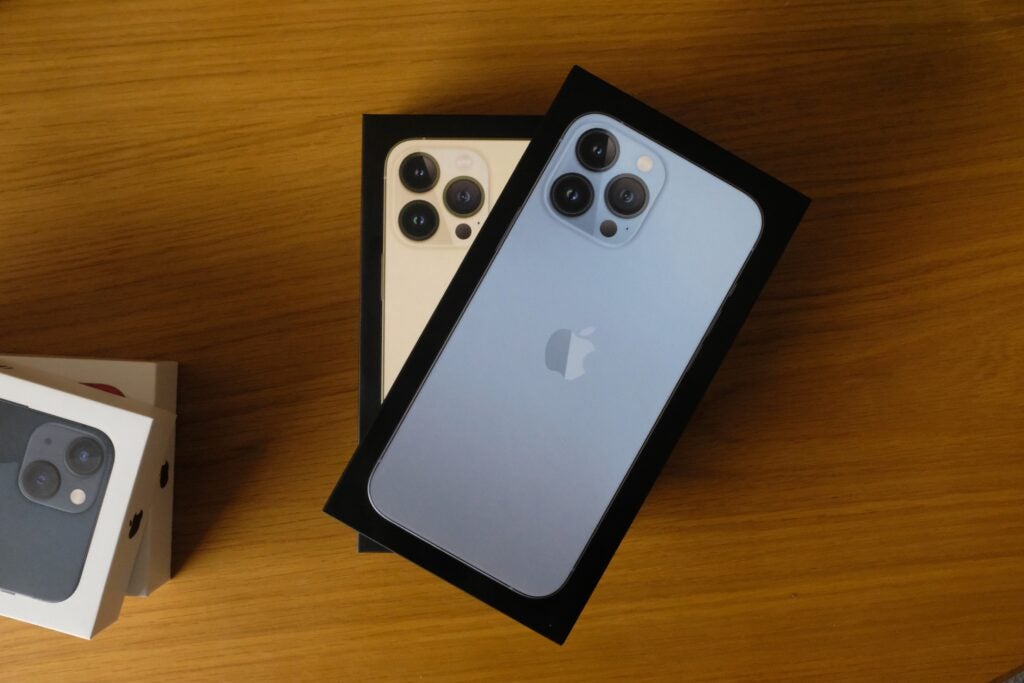
Wireless charging is an option, though it’s always going to be slower even if you use a 15w enabled MagSafe charger. Most Qi chargers tend to top out at 7.5w when you’re charging an iPhone, so they’ll take a good number of hours to give you a full charge.
Apple’s decision to stick with the Lightning port feels like a misstep, especially on these Pro phones. USB-C is far faster for data transfers, something important if you plan to shoot a lot of ProRaw and ProRes with this phone.


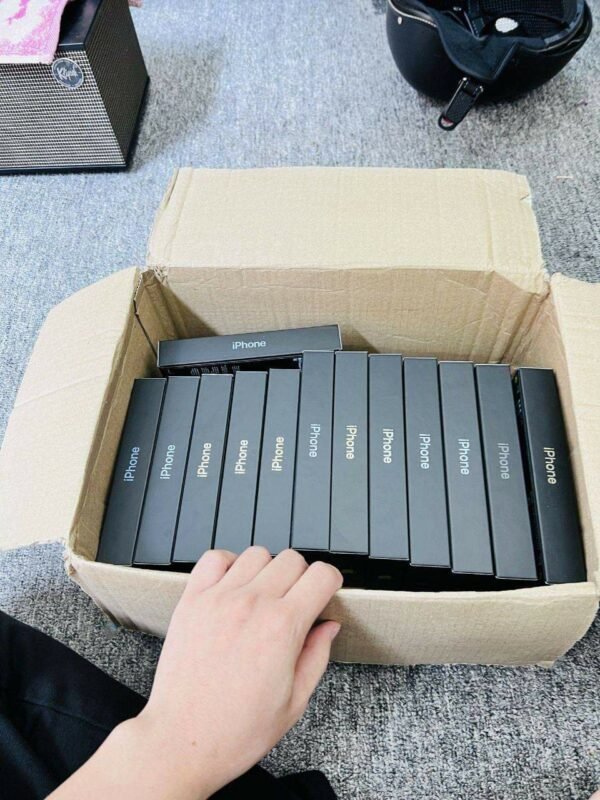
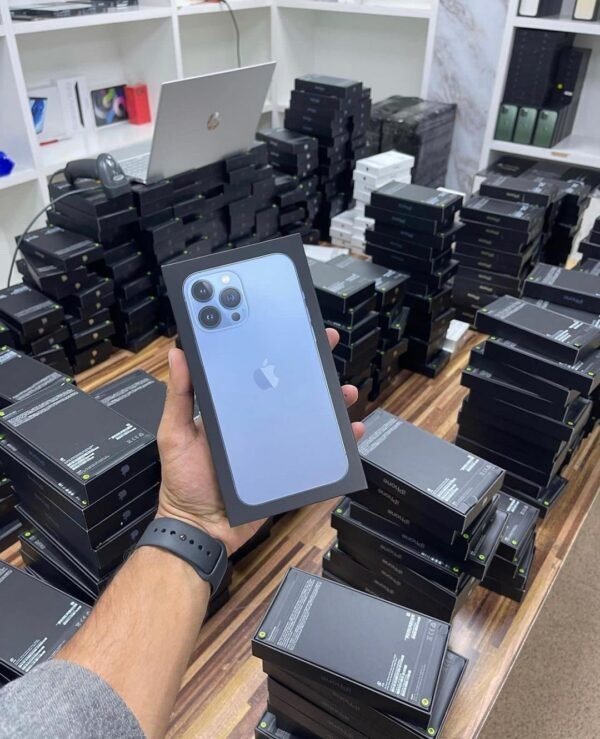
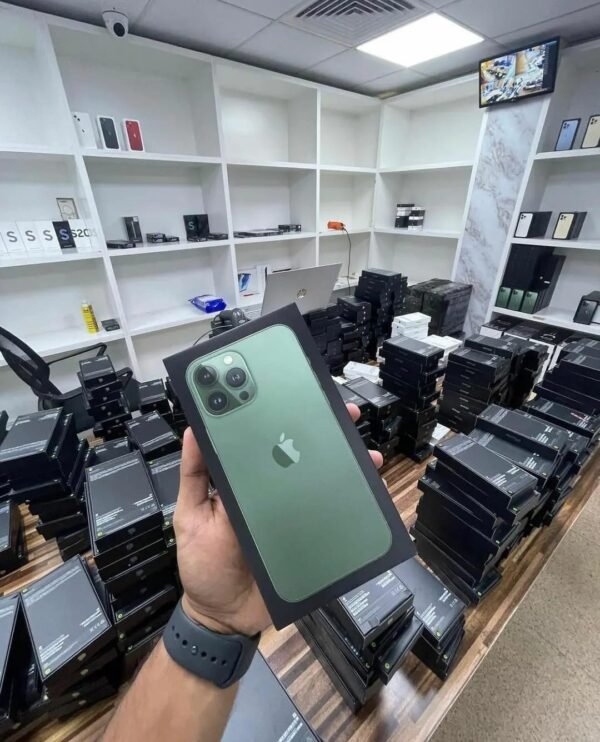
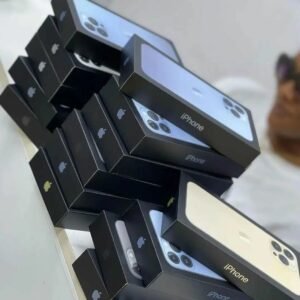
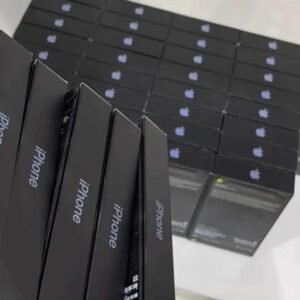
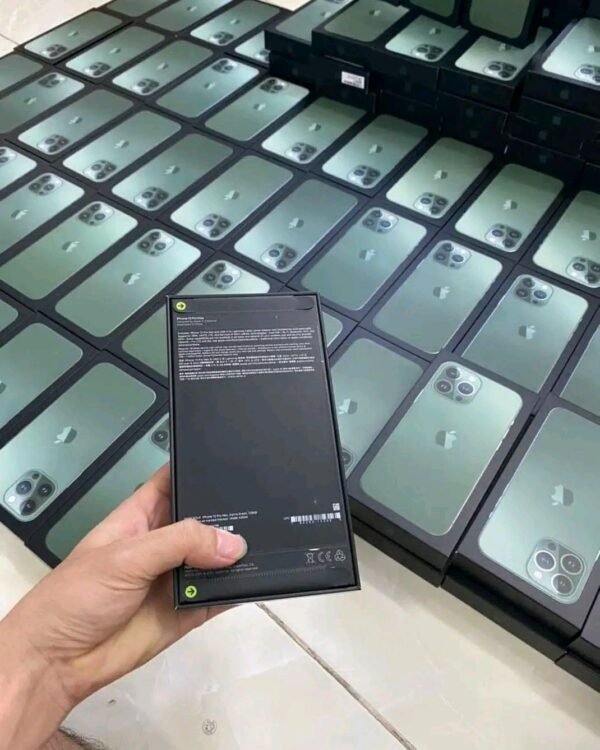
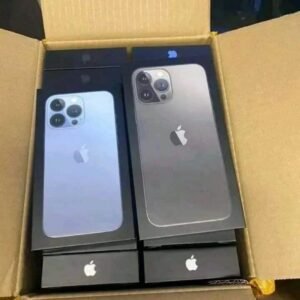
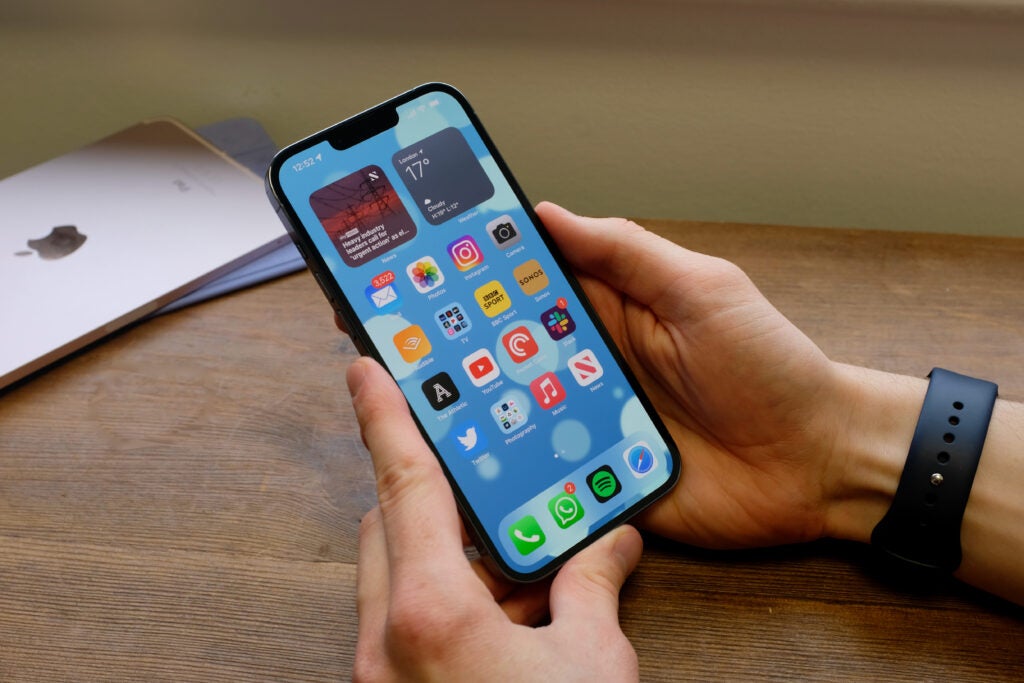
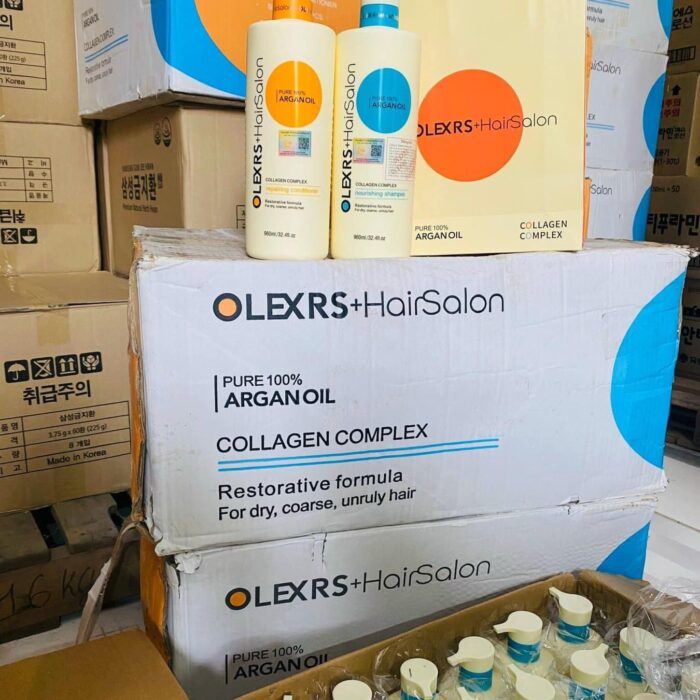
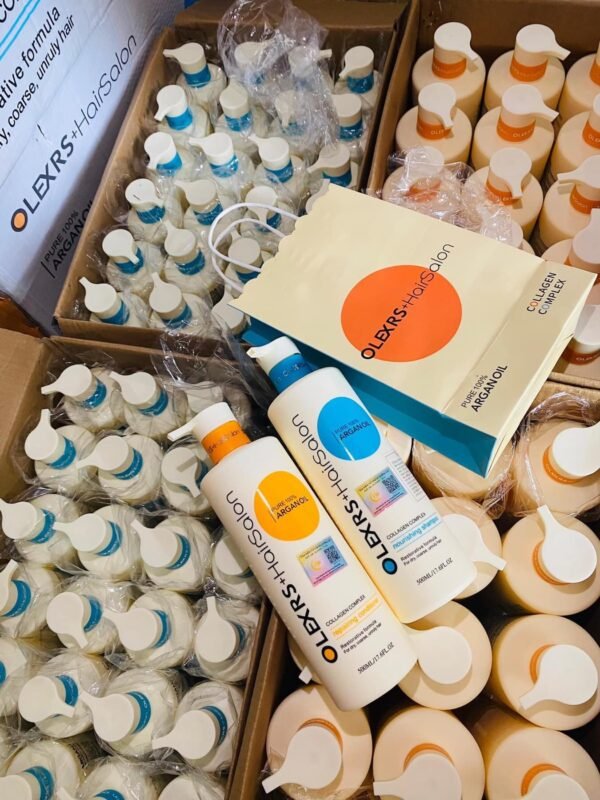




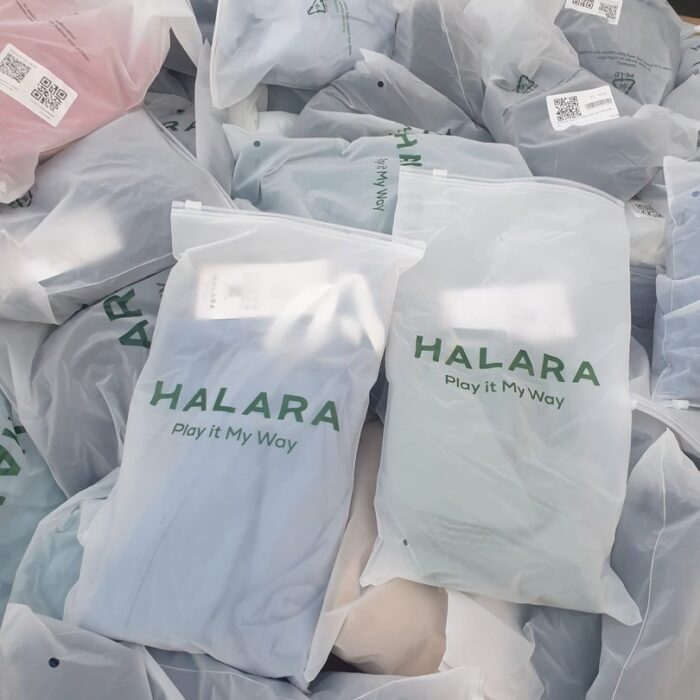


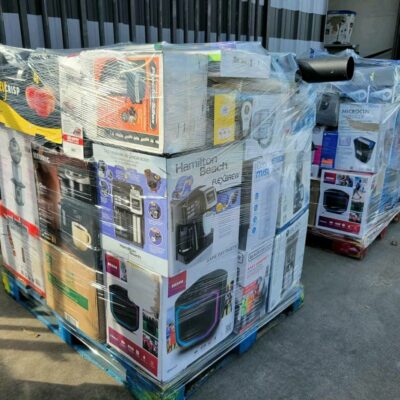



Reviews
There are no reviews yet.